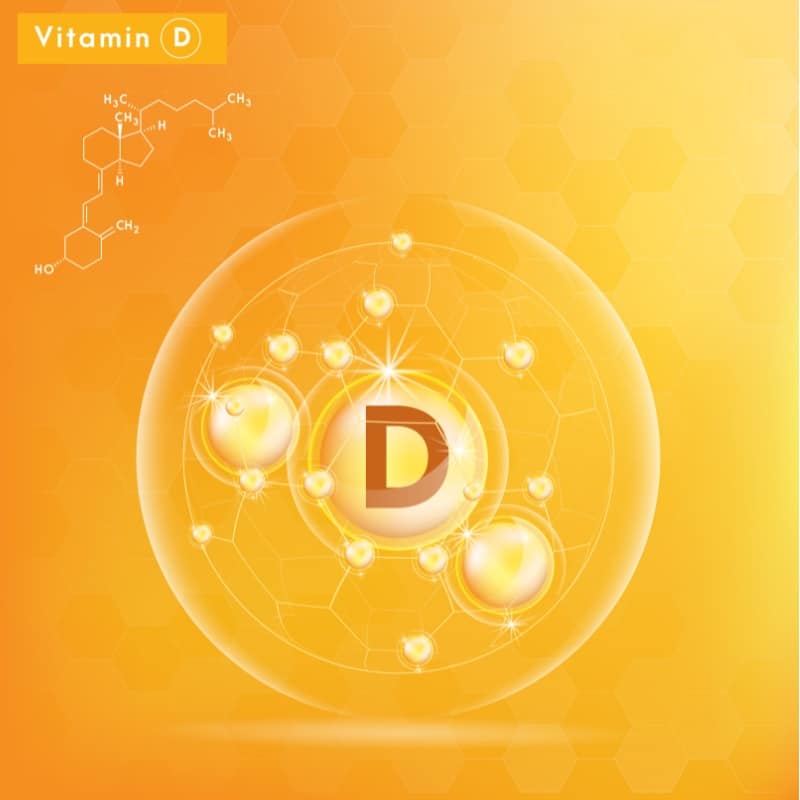Got A-fib? Research on D
If you have A-fib, also known as atrial fibrillation, you know how scary it can be. Heart rhythm disorder affects over 2.5 million people in the United States alone and poses significant health risks such as blood clots, strokes, and heart failure. But what if there was a simple way to lower your risk of A-fib? A recent study published in the American Heart Journal suggests that taking vitamin D supplements might be the answer. Let’s delve deeper into the research on D and explore the potential benefits of incorporating the sunshine vitamin into your daily routine.

Research on D
Doctors followed over 2,000 generally healthy people, who were at least 60 years old in the case of men and 65 years old in the case of women. They did not have any heart disease, circulatory disease, or cancer. The participants took 1,600 or 3,200 IU of vitamin D daily or given a placebo. The goal was to see if taking vitamin D could reduce the likelihood of developing an irregular heart rhythm called atrial fibrillation, or A-fib, which can happen more often as people age.
After five years, those who took either the low or high dose of vitamin D were less likely to develop A-fib than those who took the placebo. Those taking the lower dose had a 27% lower chance of developing A-fib, while those taking the higher dose had a 32% lower chance. Based on the study’s results, doctors concluded that vitamin D can help reduce the chances of developing A-fib.
So, why does vitamin D matter regarding your heart health? The sunshine vitamin regulates blood pressure, supports the immune system, and reduces inflammation. As A-fib often coincides with other cardiovascular conditions, taking vitamin D may be a simple safeguard against complications. The sunshine vitamin assists in healthy blood pressure and reduces oxidative stress and inflammation, crucial for optimal cardiovascular health.
In conclusion, A-fib is a severe heart rhythm disorder that affects millions of people worldwide. In the recent study on vitamin D and A-fib, doctors concluded that supplementing with vitamin D significantly decreased the risk of A-fib. Incorporating vitamin D into your diet is a straightforward and natural way to support your heart health. Furthermore, supplementation is an easy way to keep your intake consistent. Take care of your cardiovascular system and embrace the power of vitamin D today.
These statements have not been evaluated by the FDA. They are not intended to treat, diagnose, cure or prevent any disease.
